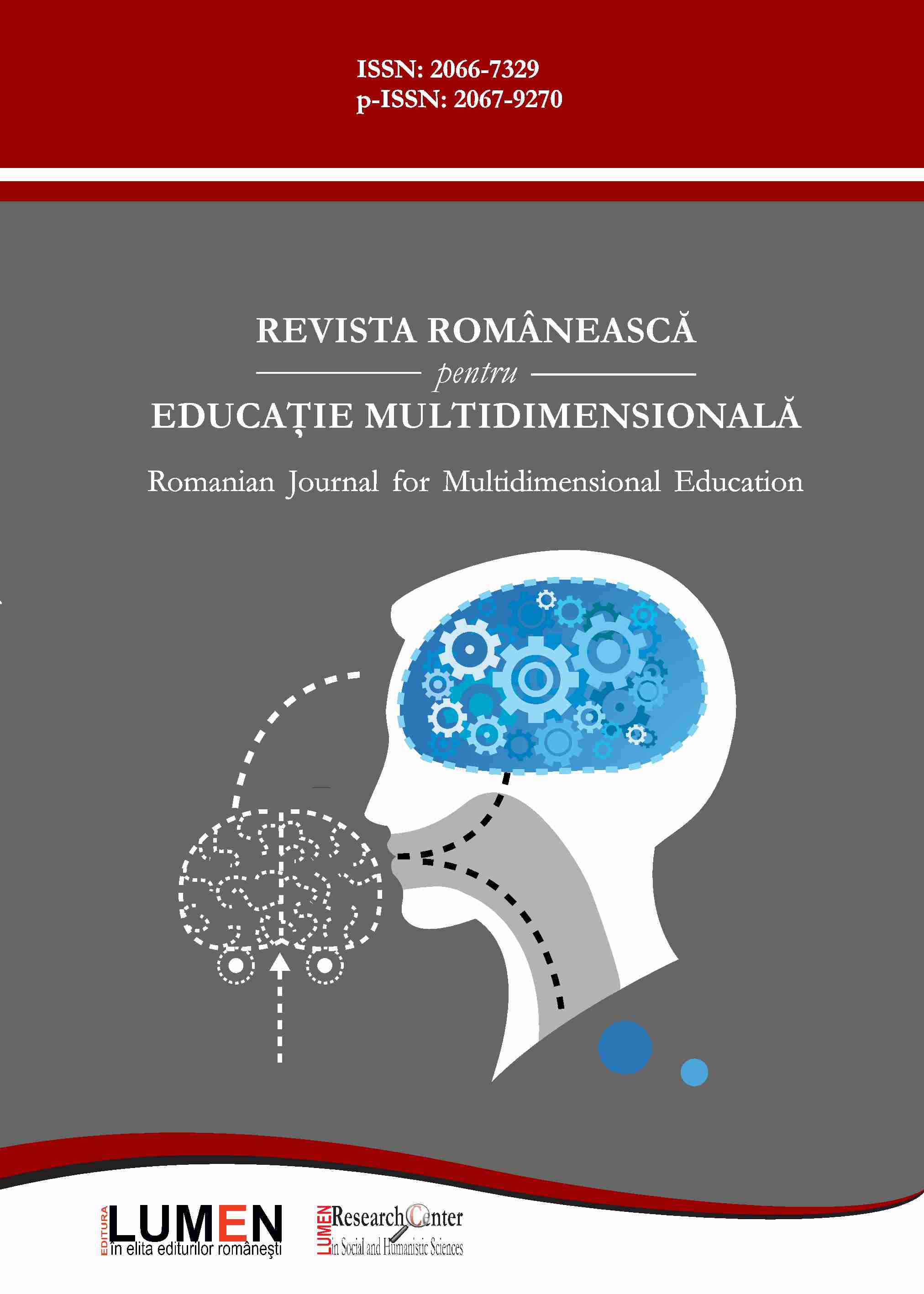Methodological Principles of Ethnic Minority Life Conditions Assessment
Methodological Principles of Ethnic Minority Life Conditions Assessment
Author(s): Konstantin KlokovSubject(s): Social Sciences
Published by: Editura Lumen, Asociatia Lumen
Keywords: indigenous community; traditional way of life; social changes; acculturation; cultural security.
Summary/Abstract: The transition to the post-industrial society is connected with revaluation of non-material values which become cultural resources acquiring their social and economic measurement. The purpose of the research has been to find new methodological approach for better evaluation of positive and negative results of rapid social changes in local communities of small-numbered ethnic groups in remote areas of Siberia. Up to the present many of these communities have been keeping very specific subsistence economy connected with nomadic pastoralism, hunting and gathering. Now, their traditional values and way of life are endangered by rapid social changes caused mostly by industrial encroachment. The transdisciplinary research made a synthesis of social, economic and ecological approaches and was based on several case-studies. The new methodology for assessment of traditional ethnic groups’ life conditions takes into account that their living space emerged on the intersection of several semiotic systems routed in different value perspectives. The first one is a commonly used value system which includes income level, availability of the community services and other common living-standard criteria. The second one is a traditional value system based on internal ethnic criteria. Assessment of living conditions from external and internal standpoints may differ greatly. Author suggest to assess indigenous minorities life conditions using two scales simultaneously, one of which corresponds to universal assessment criteria, and the other – to ethno-specific criteria characteristic of a specific traditional culture. The new approach advocates for cautious decision making in regional politics and helps to reinforce active cultural security of indigenous minorities, i.e. to raise the ability of the cultural system itself to oppose different kinds of arising challenges.
Journal: Revista Românească pentru Educaţie Multidimensională
- Issue Year: VII/2015
- Issue No: 1
- Page Range: 105-116
- Page Count: 12

